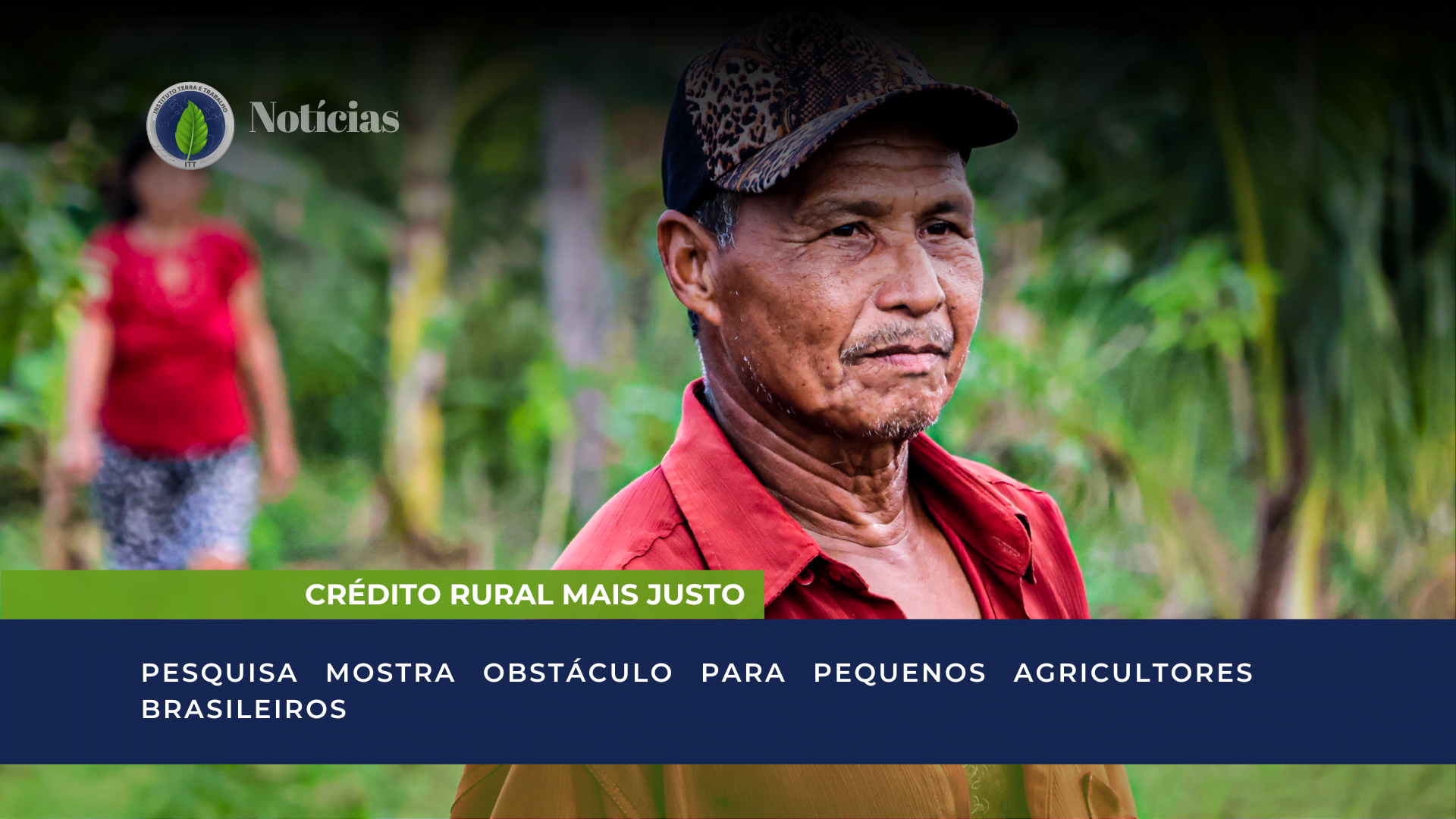
O texto descreve o Programa Nacional de Fortalecimento da Agricultura Familiar (Pronaf) que tem como objetivo orientar as compras públicas de alimentos advindos de populações. O governo federal anunciou nesta quarta-feira a formação de uma "força-tarefa" para tentar ampliar as compra que órgãos da administração pública federal direta, autarquias.
Under the leadership of President Luiz Inácio Lula da Silva, Brazil's government has implemented policies aimed at supporting small farmers and promoting sustainable agriculture. One key strategy has been the expansion of government procurement from small-scale farmers, creating a stable market for their products. This initiative has significantly benefited small farmers, increasing their incomes, improving their livelihoods, and contributing to the overall agricultural development of the country.
Data from the Brazilian government shows a substantial increase in government purchases from small farmers since Lula took office in 2023. In 2022, the federal government acquired R$1.5 billion worth of agricultural products from cooperatives and family farmers, a 30% increase compared to the previous year. Small farmers account for over 70% of the food produced in Brazil, making them key players in the country's food security. By prioritizing purchases from these farmers, the government not only supports their livelihoods but also ensures access to fresh and affordable food for the population.
Small farmers across Brazil have reported substantial benefits from increased government purchases. In the state of Bahia, the Cooperative of Associated Farmers of Uauá (COOPAU) has experienced a significant increase in its sales to the government's school feeding program. This has not only improved the cooperative's financial stability but has also enabled it to invest in infrastructure, training, and new technologies. Similar success stories can be found in other cooperatives and small farms throughout the country.
While government purchases have undoubtedly benefited small farmers, some critics argue that the program could be more effective. They point to the need for better infrastructure and logistics to ensure that small farmers have equitable access to government markets. Additionally, concerns have been raised about potential favoritism or corruption in the procurement process, which could undermine the integrity of the program.
A study by the Institute of Applied Economic Research (IPEA) found that government purchases have a positive impact on the income and productivity of small farms. The research suggests that the program has helped to reduce poverty and improve food security in rural areas. However, the study also highlights the need for complementary policies, such as technical assistance and training, to maximize the benefits for farmers.
The expansion of government purchases from small farmers under Lula's government has been a significant policy initiative with tangible benefits for the agricultural sector. By creating a stable market for their products, the government has helped to increase the income and improve the livelihoods of small farmers. This has contributed to the overall agricultural development of the country and has had a positive impact on food security. While there are areas for improvement, the program has largely been a success and should be continued and strengthened in the future.
The Brazilian government's experience in supporting small farmers through government purchases holds valuable lessons for other countries seeking to promote sustainable agricultural development. By recognizing the importance of small farmers and implementing policies that cater to their needs, governments can contribute to rural prosperity, food security, and the overall well-being of their nations.
Post a Comment